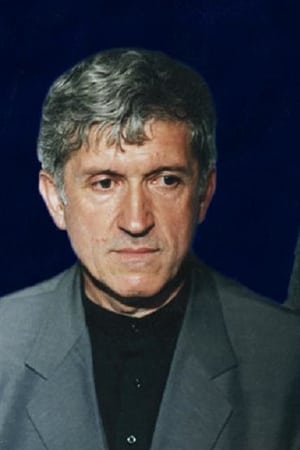Mircea Diaconu (1949-2024)
Birthplace:
Vlădești, Argeș, Romania
Born:
December 24, 1949
Died:
December 14, 2024
Born in Vlădești, Argeș County, he graduated high school in Câmpulung in 1967 and Bucharest's Caragiale Academy of Theatrical Arts and Cinematography in 1971. He made his theatrical debut a year before graduating, at the Bulandra Theater, in Truman Capote's The Grass Harp. His screen debut came in Dan Pița's Nunta de piatră (1972); he would later appear in the same director's Filip cel Bun (1975). Other directors with whom he has worked include Alexandru Tatos (Mere roșii, 1975; Secvențe, 1982; and Secretul armei secrete, 1988), Virgil Calotescu (Buletin de București, 1982; and Căsătorie cu repetiție, 1985), Nae Caranfil (Asfalt Tango, 1996; and Filantropica, 2002) and Cătălin Mitulescu (The Way I Spent the End of the World, 2006). In all, he has appeared in more than sixty films. Diaconu worked with Lucian Pintilie both in film (the 1981 De ce trag clopotele, Mitică?) and in theater: Gogol's The Government Inspector at Bulandra, and Shakespeare's As You Like It at the Nottara Theater. Liviu Ciulei hired him at Bulandra in 1972, and he remained there for a decade, before moving on to Nottara. At Bulandra, he appeared in Twelfth Night and The Tempest, both under Ciulei's direction; and in Marin Sorescu's Răceala, directed by Dan Micu. At Nottara, he appeared in Alexander Ostrovsky's The Forest; Ultimul bal, after Liviu Rebreanu's Forest of the Hanged; and Mihai Ispirescu's Într-o dimineață. He became the director of Nottara Theater in 2004, working as such until his resignation in 2011.





